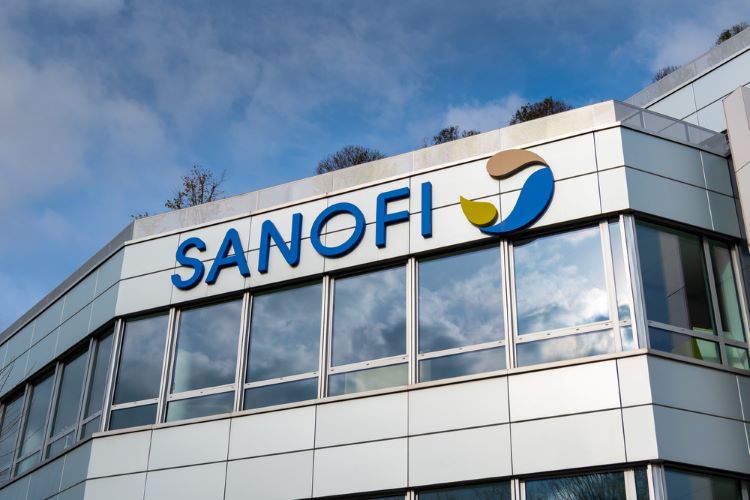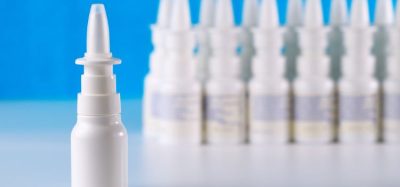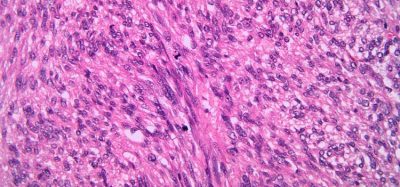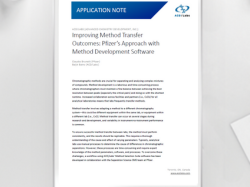Sanofi licenses Innate Pharma’s NK cell platform with €25m upfront payment
Posted: 20 December 2022 | Catherine Eckford (European Pharmaceutical Review) | No comments yet
Innate Pharma will receive a €25m upfront payment from Sanofi to license its B7H3 ANKETTM platform, which is creating a new class of molecules to induce synthetic cancer immunity.


Credit: HJBC / Shutterstock.com
Through an expansion of Sanofi and Innate Pharma’s Natural Killer Cell oncology therapeutics collaboration, Innate will receive an upfront payment of €25 million and up to €1.35 billion in preclinical, clinical, regulatory and commercial milestones plus royalties on potential net sales.
Sanofi will gain license to a natural killer (NK) cell engager programme targeting B7H3 from Innate’s Antibody-based NK Cell Engager Therapeutics (ANKETTM) platform. Sanofi will also have the option to add up to two additional ANKETTM targets. Upon candidate selection, Sanofi will be responsible for all development, manufacturing and commercialisation.
Developing next-generation, multi-specific natural killer (NK) cell engagers for cancer
Valeria Fantin, PhD, Global Head of Oncology Research at Sanofi stated: “At Sanofi, we are exploring the potential of NK cells for cancer immunotherapy… Innate supports our ambition to develop a diverse portfolio of next-generation NK cell engagers.”
Innate Pharma state its ANKETTM platform is designed to develop next-generation, multi-specific natural killer (NK) cell engagers to treat certain types of cancer. This technology is creating an entirely new class of molecules to induce synthetic immunity against cancer by harnessing NK cell effector functions against cancer cells and also providing proliferation and activation signals targeted to NK cells.
Innate’s latest innovation, the tetra-specific ANKET molecule, is the first NK cell engager technology to engage activating receptors (NKp46 and CD16), a tumour antigen and an interleukin-2 receptor (via an IL-2 variant, IL-2v) via a single molecule.
An ongoing Phase I/II clinical trial by Sanofi is evaluating IPH6101/SAR’579 (SAR443579), the first NKp46/CD16-based CD123-targeted ANKETTM NK cell engager, in patients with relapsed or refractory acute myeloid leukaemia (R/R AML), B-cell acute lymphoblastic leukaemia (B-ALL) or high-risk myelodysplastic syndrome (HR-MDS).
Building on Sanofi’s and Innate Pharma’s original license agreement
In 2016, the companies signed a first natural killer (NK) cell engagers collaboration to generate and evaluate up to two bispecific NK cell engagers, using technology from Innate Pharma and Sanofi’s proprietary bispecific antibody format as well as tumour targets. These are currently being evaluated by Sanofi’s R&D team, with one of these molecules already in clinical studies.
Under the terms of the original license agreement, Sanofi is responsible for the development, manufacturing and commercialisation of products resulting from the research collaboration. Innate Pharma will be eligible to up to €400 million in development and commercial milestone payments as well as royalties on net sales. To date, €13 million milestone payments to Innate have been announced.
Yannis Morel, PhD, Executive Vice President, Product portfolio strategy & Business development at Innate Pharmaceutical commented: “Building on the success of our existing collaboration on hematologic targets, we are pleased to expand and strengthen our partnership with Sanofi on NK Cell Engagers with the addition of up to three new programmes, including in solid tumours.”
“By incorporating various tumour antigen binders, NK Cell Engagers are a versatile technology that may provide new options for patients and offer clinical benefit across multiple cancers, while also maintaining a good safety profile,” added Morel.
Closing of the transaction is subject to HSR approval.
Related topics
Anti-Cancer Therapeutics, Antibodies, Big Pharma, Biopharmaceuticals, business news, Clinical Development, Clinical Trials, Drug Development, Drug Manufacturing, Drug Supply Chain, Industry Insight, Manufacturing, Research & Development (R&D), Technology
Related organisations
Related drugs
Related people
Related diseases & conditions
Acute myeloid leukaemia (AML), B-cell acute lymphoblastic leukaemia, Cancer









